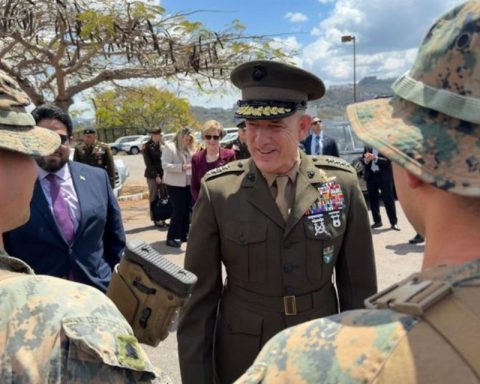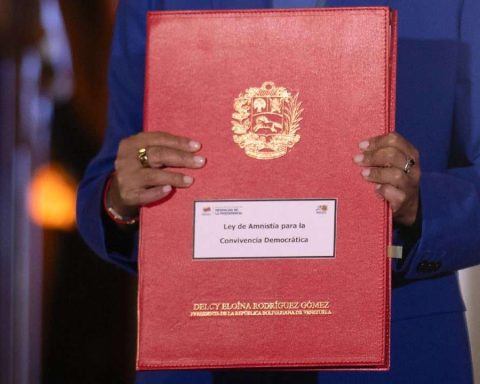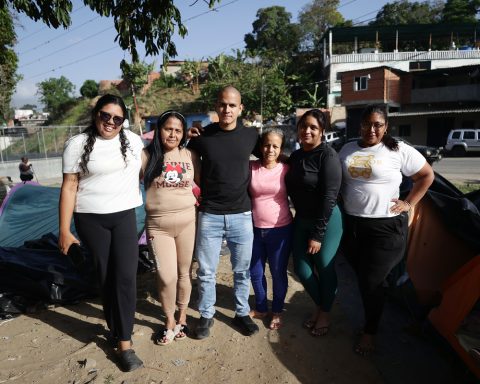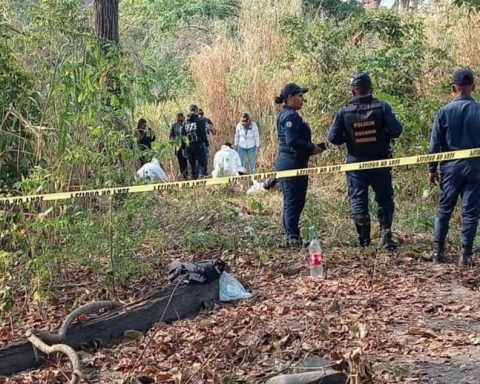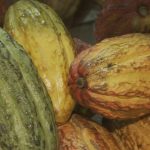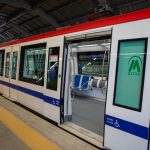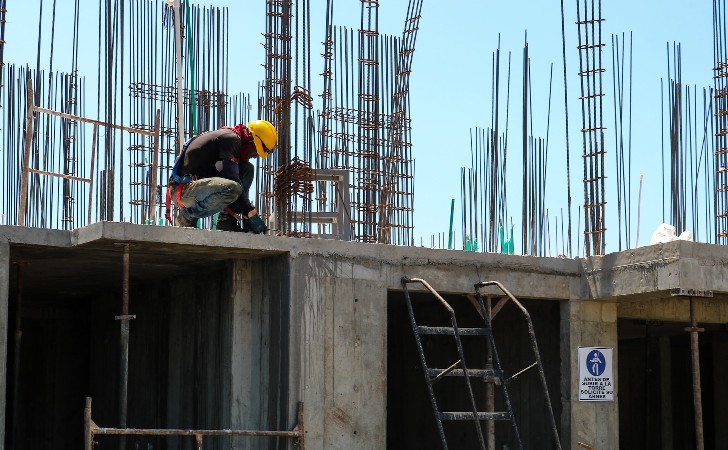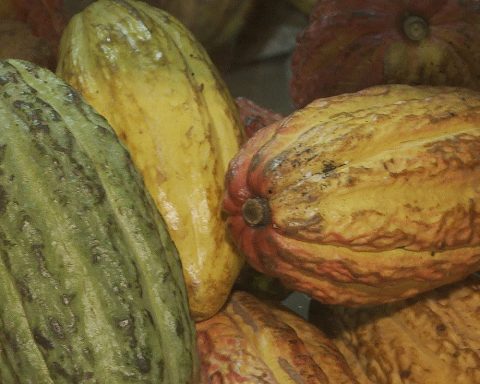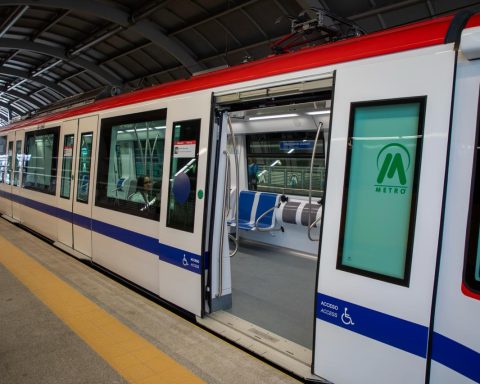According to a survey on Population Aging in Venezuela carried out by Convite, between 500,000 and 600,000 elderly people live alone and 67% of the elderly only earn between 10 and 50 dollars a month.
Authors: Gabriela Magilbray | Yhonay Diaz | Maria Virginia Chacin | Luiyi Joan / The nation
They say that getting old is like climbing a mountain, in which the strength decreases as you go up. In Venezuela, it is not just about climbing that peak, but with each step the road becomes steeper, as a result of the economic crisis that affects the normal performance of citizens and more of those who reach the elderly.
And it is that, reaching grandparents is not something easy, the fatigue and the diseases of age begin to take their toll, also requiring a special diet. But to this must be added the high migration of Venezuelans -estimated in May 2023 at 7,239,958 people according to the R4V Interagency Platformcoordinated by unhcr– who are going to look for better luck abroad, which has led to a number of elderly people being practically abandoned to their fate within the country.
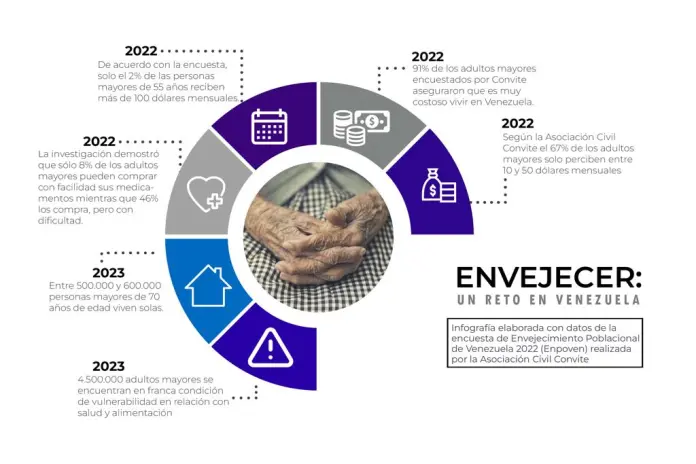
According to Convite, the majority of elderly Venezuelans find themselves in difficult economic situations. Infographic: The Nation
forgotten in time
Under this scenario, it is necessary to understand that old age is a natural condition of individuals that needs to be understood but mainly assisted both medically and humanely. According to the non-governmental organization Convite, a survey on Population Aging in Venezuela showed that close to 4.5 million older adults are in a frankly vulnerable condition in relation to health and nutrition.
According to the same civil association, between 500,000 and 600,000 citizens over the age of 70 live alone and 67% of the elderly only earn between 10 and 50 dollars a month. Most of this income comes from the pension granted by the Venezuelan Institute of Social Security (IVSS), to women over 55 and men over 60 years of age, whose amount is 130 bolivars, about 4.91 dollars according to the rate of the Central bank of Venezuela (BCV) at the time of this report.
“I have had the need to work on the street, I do not have the support of my relatives, we come from Valencia, I live with my mother,” says Javier Darío Hidalgo, who at 51 is still not classified as an older adult, but today Every day he goes to work as an informal worker, accompanied by his mother, an elderly woman who has her son as her only financial support.
«The little that is sold is for the day, right now I am not receiving a pension, she is (her mother), but that is not enough for anything. We live in San Josecito, we take the bus every day to come to work,” adds the interviewee, who from his street stall in the Plaza Bolívar in San Cristóbal speaks on behalf of his mother, from whom he alleges he receives assistance assistance in the territory Colombian. “In Cúcuta they help us with the medicines, but it is difficult to go because of the expensive passage.”
The homes are full
One of the most commendable tasks that is done in favor of the elderly is carried out by the different homes that exist in the entity. They work thanks to the collaboration of private and public companies, ranchers, various merchants and the community in general, which in one way or another contribute to these venues in charge of providing shelter and food to the elderly in need.
«The situation of the homes is becoming more difficult every day, for no one it is a secret the situation that is experienced in the community to acquire consumer goods, of first necessity, in addition to that it is necessary to understand that we work with people from the third with precarious health situations, serious illnesses, terminal illnesses and others who lack shelter”, says Carlos Fuentes, lawyer for the Diocese of San Cristóbal.
In this sense, the lawyer affirms that little is being done by the Venezuelan State to alleviate the responsibility of these centers. “We obtain the protein when some farmers provide it to us, they call us to tell us that they are going to help us by sending us a cow,” he explains.
And it is that, throughout the entire Tachirense geography, there are homes such as San José de La Grita de las Hermanitas de la Candelaria, the Carpintero de La Montaña in San José de Bolívar of Father Franco Lanza, San Martín de Porres Las Dominicas in Rubio, Colinas de la Esperanza in Palmar de La Copé in the Torbes municipality, the Casa María Madre de los Pobres in Zorca; in addition to institutions within the city center such as the Casa Hogar Medarda Piñero, the Casa Hogar San Pablo or the Padre Lizardo Nursing Home; all with the same purpose: to offer help to the elderly who require it.
Informal trade: An alternative to the crisis
Faced with the impossibility of getting a job due to age, some older adults have no choice but to resort to informal commerce. Throughout San Cristóbal, street vendors offering their products or services are observed mainly between the downtown areas and the La Concordia Passenger Terminal, with a common denominator: a large part are senior citizens.
One of them is José Antonio, who at 60 continues to do the art he learned from a very young age: repairing shoes. With a small stall in downtown San Cristóbal, he manages to add between 30 and 40 thousand Colombian pesos (between 7 and 9.30 dollars), to cover the day’s expenses. »
Because of the obligation, it’s up to one, otherwise nobody brings the money home. I work alone and nobody asks for anything, sometimes two, three or four (pairs of shoes) arrive little by little. It’s enough for the basics,” says the source, who walks daily from his house in Barrio Lourdes to Plaza Bolívar, his “place of work”.
The data from Convite show that 91% of the older adults surveyed consider that living in Venezuela is quite expensive, in addition, only 2 percent of those over 55 years of age receive more than 100 dollars a month.
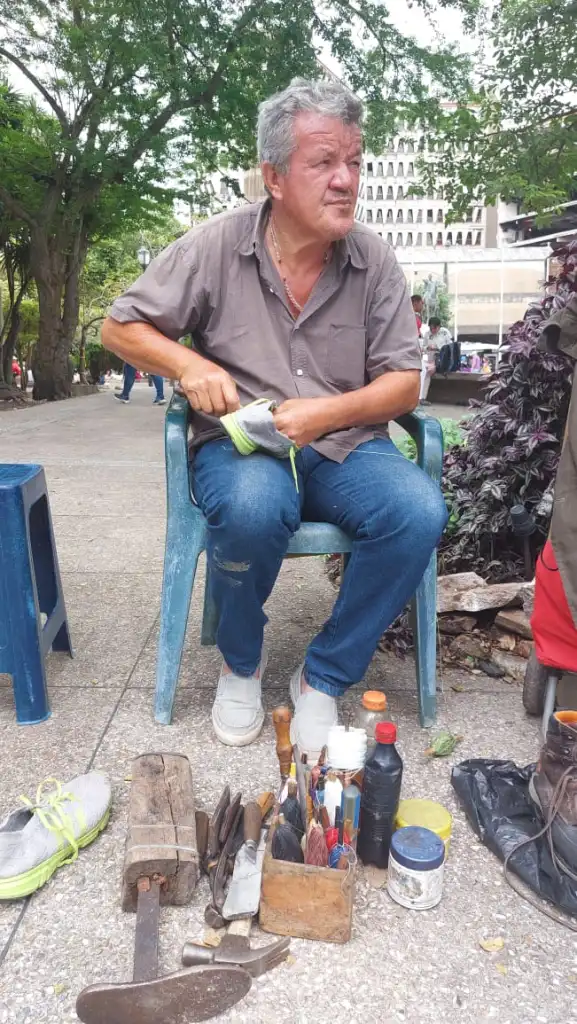
At 60, José Antonio continues to work in his makeshift shoe repair shop. Photo: The Nation.
“Homes are not grandparents’ warehouses”
One of the big problems that falls on the elderly is forgetfulness by their relatives. Both those who are dedicated to peddling or on the streets asking for collaboration, as well as those who are in centers for the elderly, seem to have been left out of their loved ones.
«92% of the families that leave their elderly in the homes move away and 8 percent are pending, from a universe of 90 grandparents eight or ten families can go to visit them, the rest abandon them. We have grandparents that we never met their families. We have had problems after he died because an identity is required and I have even had to look for the Cicpc commissioners so that they send us officials and be able to attest to who he is to be able to bury that corpse, “says Fuentes, who from his work in the Diocese closely follows the reality of the Tachirens institutes to help the elderly.
Whether on purpose or not, many elderly people are left adrift and must make ends meet on their own. “The situation of the elderly puts us against the wall, our children are leaving Venezuela and we are left alone. I am hypertensive, I suffer from osteoarthritis and circulation, I have several health problems and I have to buy medicines, so I have had to go out and improvise to gather and buy the medicines to be able to live a few more years, because nobody wants to die, I would like live to be 100 years old and have to continue insisting,” says Xiomara Valle, 69, who works in the streets to earn a daily living.
Although he has a son abroad, he can hardly help him due to an accident that has left him disabled: “He started working and a car ran over him and ran over him,” he says.
A testimony that reflects the perspective of many grandparents, who receive very little help from their relatives outside the country, who barely make ends meet. However, Xiomara predicts an improvement in Venezuelan conditions.
«The situation is chaotic but you have to move on and keep living, hope cannot be lost. Let’s not wait for the government, in this country we are the ones in need and we must fight for that, we are like this because of the disunity ”, she expresses.
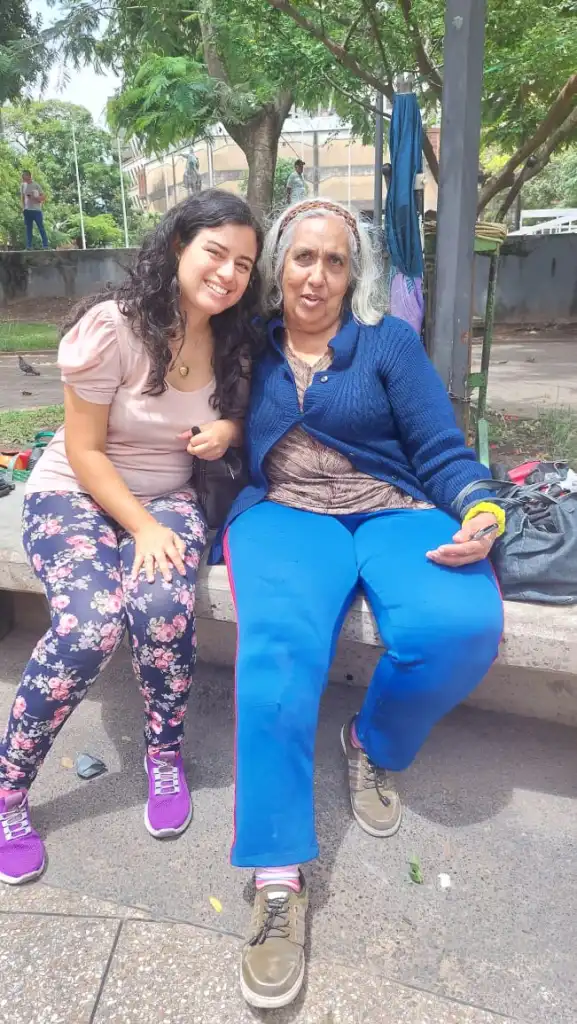
Xiomara Valle, another elderly woman who goes out every day to look for her livelihood. Photo: The Nation.
A reality that coincides with that of Cruz Hernández, other informal workers in the city center: «If you don’t work, where do you benefit? It is time to continue working until God gives us strength, I have children, but they are far away, in any case, they have their obligations and there is barely enough for them. I have a pension, but that is not enough for anything, I am still grateful to this country, because in mine -which I am from Colombia-, I have not been a pensioner, nor do I receive any help », she highlights at 62 years of age.
Despite their noble work, the homes can do little without the support of their families and the Venezuelan authorities themselves.
«The homes are not hospitals, nor are they warehouses for grandparents. They are houses where we look for a way to give shelter, to help, we do not have government support, “says the lawyer.
Those who wander aimlessly
Although only those who are in foster homes or who work in the informal economy are formally checked, there is another large group of grandparents who only walk the streets asking for some kind of help, many without a home or a shelter to spend the night. . Most of them even go to help centers for the elderly just to ask for something to eat.
“I don’t have the number, but there are quite a few (those who are on the streets), for example, the Casa Hogar Medarda Piñero that is in the city receives between 38 and 40 people daily. There are young men and women who don’t have anything to eat and go there,” explains the spokesman for the church body.
At the moment, there is no solution to this great problem. Last Monday, May 29, the National Day of the Elderly was commemorated and beyond some publications on social networks regarding the date by official organizations, there is still no plan that really assists this population.
«In the homes we need roofs, canals, sewage, white water, medicines, diapers, cleaning supplies, we need food, cereals, proteins. We hope that they take more account of those men and women who gave their all and we have a commitment to them because the obligation is mainly of the Venezuelan State”, concludes Carlos Fuentes.
For now, the streets and nursing homes will continue to be full of helpless grandparents and with extreme conditions of both health and nutrition. One more problem that derives from a pressing economic situation. While outside and inside the country, many of their children and grandchildren struggle to get ahead in the midst of adverse conditions; others with their sixty, seventy, eighty or ninety years on top wait with a smile on their faces, for time to return a little gratitude before finishing their earthly journey.
*Read also: Merideños collect rainwater and deal with turbidity when it comes through pipes
Post Views: 114
